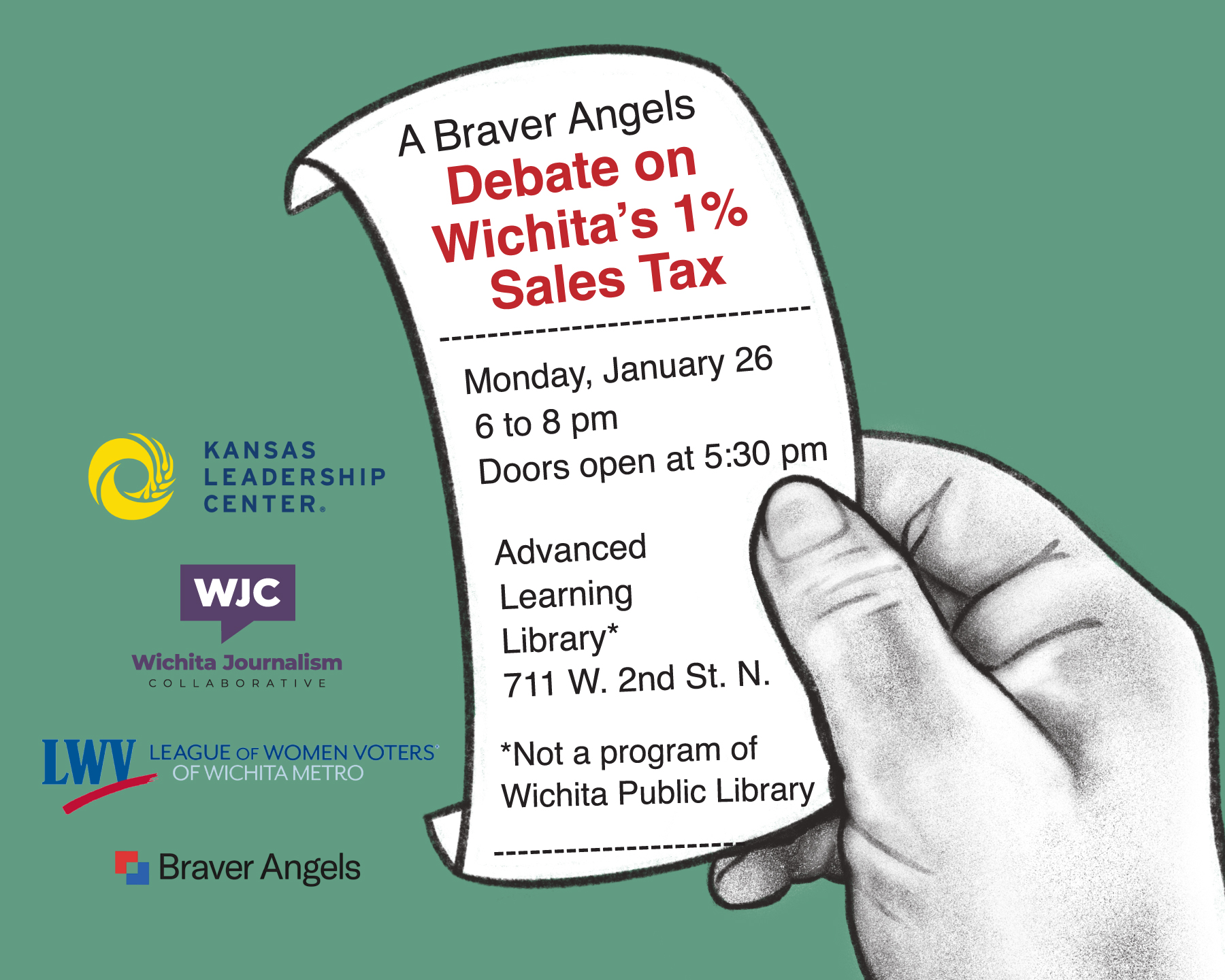By The Community Voice, original article link

The good news about the new $5 billion of Paycheck Protection Program (PPP) funds approved by Congress in December is that Congress made some favorable revisions just to help small businesses and businesses owned by people of color. The program includes a new loan and forgivability terms, a reduced maximum loans size – making the loans more appealing to smaller businesses versus larger ones. They also set aside some of the dollars for community lenders and small businesses with 10 or fewer employees.
Applications are being accepted through March 31, 2021, or until funds run out.
The changes – intended to level the playing field for underbanked businesses, which are disproportionally Black- and Brown-owned – are a step in the right direction. However, many small Black businesses owners started their businesses out of their savings or with help from families and have little if any familiarity with applying for loans and their relationship with their bank is often limited to making deposits and often just in time to cover their expenses.
PPP Application Assistance
The Small Business Development Centers, funded by the Small Business Administration, with one in every state, are available to assist small businesses. While they won’t prepare your package for you, they’re available to provide some assistance. Jack Harwell, a small business consultant with the SBDC located at Johnson County Community College, suggests business owners start by visiting the Kansas Small Business Development Center website.
The site has a wealth of information on COVID-related funding and federal programs at www.kansassbdc.net/covid19. We checked and the Missouri SBDC, located at UMKC, does not have the same kind of information on their website, www.sbtdc.umkc.edu. Kansas SBDC has also established a call center to help answer questions about PPP. That number, staffed seven days per week is (800) 949-7661. If you have questions beyond what the call center can answer, business owners can set up a one-on-one session with a counselor.
We help them understand what they need, but we don’t provide hands on help [to complete applications], said Harvell. “We talk through what they need. However, the banks are the interface for the PPP and they all have their own process.”
Wayne Bell, director for SBA’s Wichita District, encourages all business owners who need assistance with applying for a PPP loan to reach out to his office through their general email box, wichita_do@sba.gov or to visit their website at http://www.sba.gov/ks for an office directory.
“The Wichita District Office has staff available to assist business owners with questions and we remain available to help,” said Bell. “Additionally, we are conducting webinars, virtual meetings, and calls with lenders daily to keep everyone abreast of the PPP program and other SBA resources.”
To find out more about their webinars and virtual meetings you can call the Wichita office at (316) 269-6616. The Kansas City, Missouri SBA office can be reached at (816) 426-4840.
In addition, similar to the Kansas SBDC, the SBA has a large amount of information on the PPP program, and others, on their website. Go to https://www.sba.gov/page/coronavirus-covid-19-small-business-guidance-loan-resources.
Just in case you’re wondering how much SBDC and SBA services cost; they are free.
Other individuals and services you might reach out to for assistance with your PPP application are your accountant and of course your bank. There are a number of business consultants that may also be available to assist you with your loan application, but their services won’t be free. If you are an individual that provides these services or if you know a person who provides these services, reach out to us and we’ll start to compile a list of these individuals on our website communitvoiceks.com.
Finding a lender
Community Financial Institutions (CFIs)g were given early access to the latest round of PPP loans. CFIs can include Community development financial institutions (CDFIs), Community Development Corporations (CDCs), and Microlenders. CDFIs, which can be credit unions, banks, micro-loan funds, or venture capital, specialize in financing to underserved communities and businesses – including nonprofits. When the new PPP programs opened on Jan. 11, CFI’s were first in line. The program opened up to additional lenders the following week. More than 60,000 loans were approved that first week.
While the SBA maintains a list of bank that are participating in the PPP program, they don’t have a list of CFIs participating in this round of funding, since the decision to participate is up to the lender. Some lending institutions that participated last year are not this time around and lenders that participate can stop at any point.
If you’re looking for an CDFI to work with, they are few and far between. We didn’t find any based in Wichita and less than a handful in Kansas City, all on the Missouri side. Their information is in the box on this page, but remember they may not be participating in PPP.
If you’re really looking for a lending institution to work with, both Bell and Harwell suggest using SBA’s Lender Match Program. It’s an online program that matches lenders to the borrowers needs. Since the SBA is focused on assisting disadvantaged business owners, the program should be able to help make appropriate matches. For matches, go to https://www.sba.gov/funding-programs/loans/lender-match.
There is also a link on the SBA webpage where you can fin all of the eligible lenders participating in this round of PPP loans. Go to https://www.sba.gov/paycheckprotection/find. You can search the lenders by your location.
Bells said, It’s important to note that PPP applications are due by March 31. “Currently we are seeing significant activity across the state with over 9,500 loans done so far,” said Bel. Rmember the loans are only available until the funds run out, which could be before March 31.
This article was republished here with the permission of: The Community Voice


